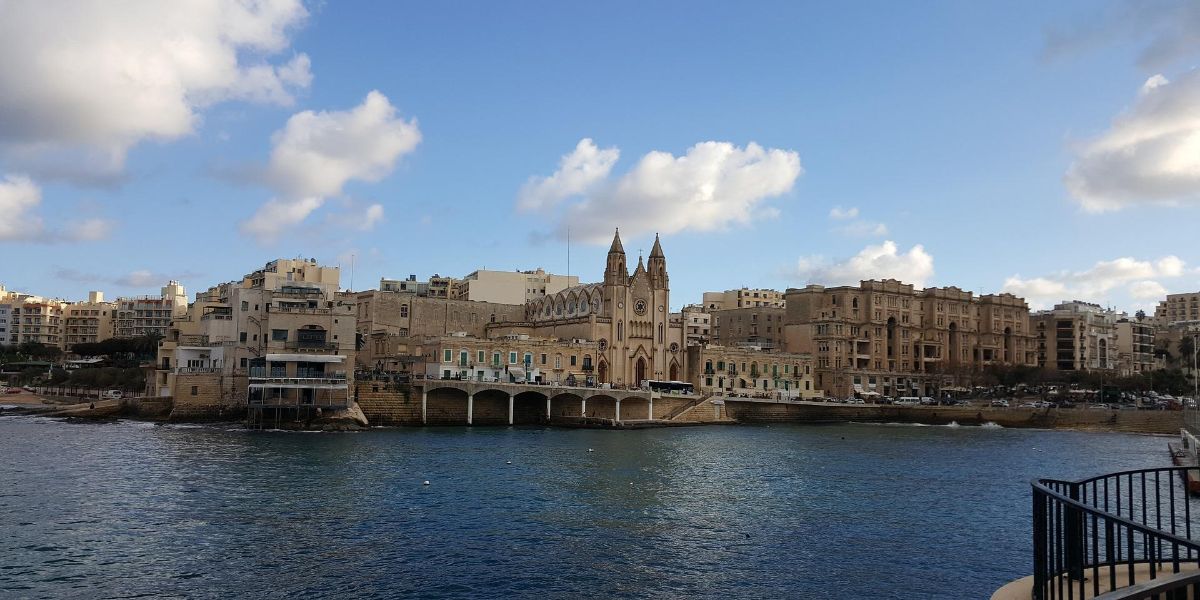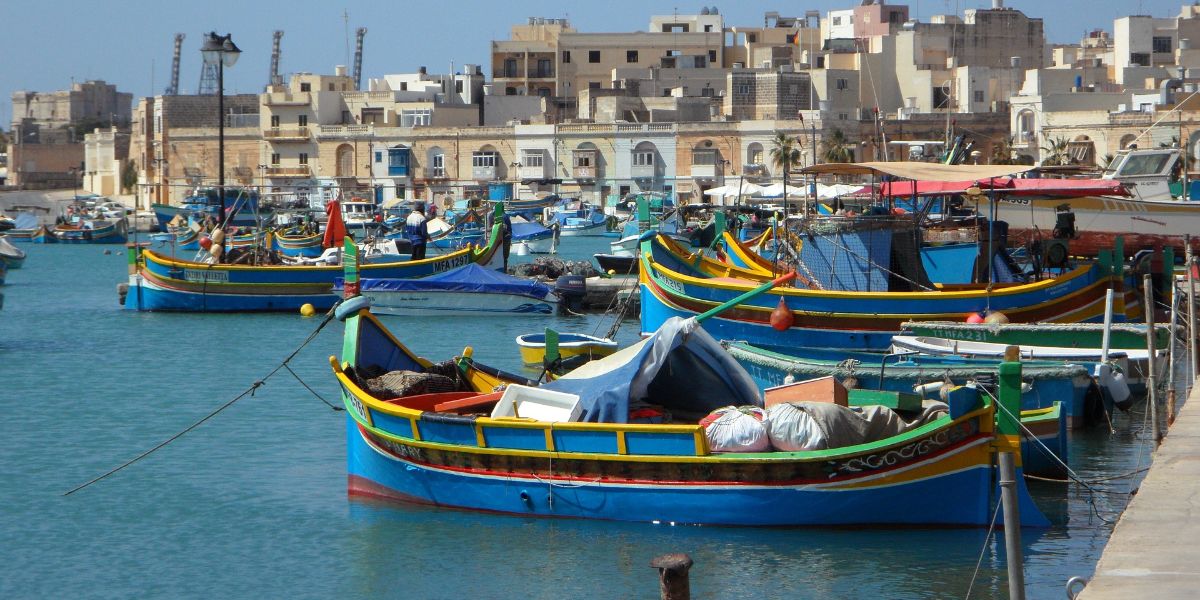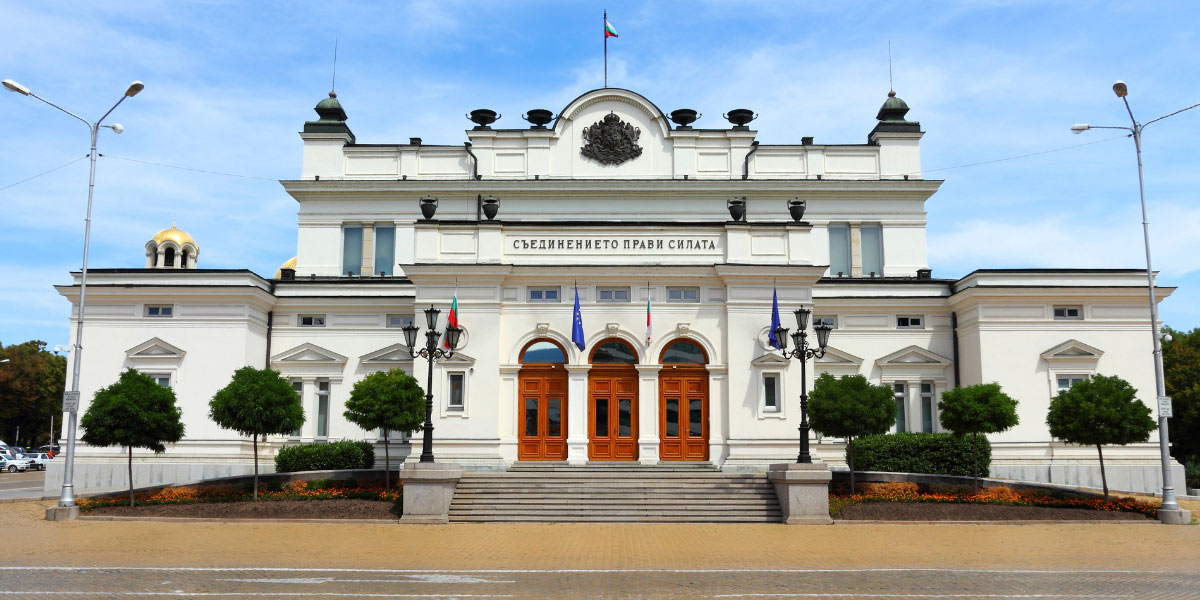Malta’s finance minister, Clyde Caruana, presented the 2025 budget in the parliament on Monday, 28 October 2024.
The 2025 budget includes the following proposed tax measures:
Global minimum tax rate
Malta has decided to delay the adoption of the Pillar Two Global Minimum Tax Directive, which introduces a global minimum tax rate of 15%, as per the OECD and EU.
Personal income tax cuts
New broader personal tax brackets will be implemented, effective in 2025.
Married:
| Tax Brackets | Rates |
| EUR 0-15,000 | 0% |
| EUR 15,001-23,000 | 15% |
| EUR 23,001-60,000 | 25% |
| EUR 60,001 and above | 35% |
Parents:
| Tax Brackets | Rates |
| EUR 0-13,000 | 0% |
| EUR 13,001-17,500 | 15% |
| EUR 17,501-60,000 | 25% |
| EUR 60,001 and above | 35% |
Singles:
| Tax Brackets | Rates |
| EUR 0-12,000 | 0% |
| EUR 12,001-16,000 | 15% |
| EUR 16,001-60,000 | 25% |
| EUR 60,001 and above | 35% |
The construction and property sector
Tax incentives will be extended for properties older than 20 years and vacant properties for more than seven years, as well as those in urban conservation areas (UCA). The incentives include exemptions from capital gains tax and stamp duty, grants for first-time buyers, and VAT reliefs for restorations.
VAT on sanitary products
The VAT rate on sanitary products will be lowered to 0%.
Renewable energy incentives
Malta is determined to become a carbon-free economy by 2050. To realise this initiative, the government will offer incentives and support for residential renewable energy systems and efficiency upgrades, including solar panels, energy storage batteries, heat pumps, and well restoration. The private sector will be encouraged to build large-scale renewable energy projects.
Agriculture and food security
Tax incentives will be offered to food sellers and producers who donate or discount near-expiry food products. Support will be given to fishermen using eco-friendly methods. Additionally, excise duties on low-alcohol beer from small breweries and wine from small producers will be reduced.
Financial services incentives
New legislation targeting family offices, aircraft leasing, fintech, and AI has been introduced to boost the financial services sector. By 2025, new laws on limited partnerships will be enacted to support these sectors.
Innovation, start-ups, and family businesses
Malta’s government plans to introduce a Digital Identity Wallet to secure and efficiently share digital identities through a smartphone app. The Seed Investment Scheme is relaunched to provide incentives for local start-up investments.
The reduced stamp duty concession will be extended from 5% to 1.5% for inter vivos transfers of family businesses to children and younger generations.
Personal tax deduction for private school fees
Tax deductions for private school fees will be increased to EUR 3,500 for kindergartens, EUR 4,600 for primary schools, and EUR 6,500 for secondary schools.














